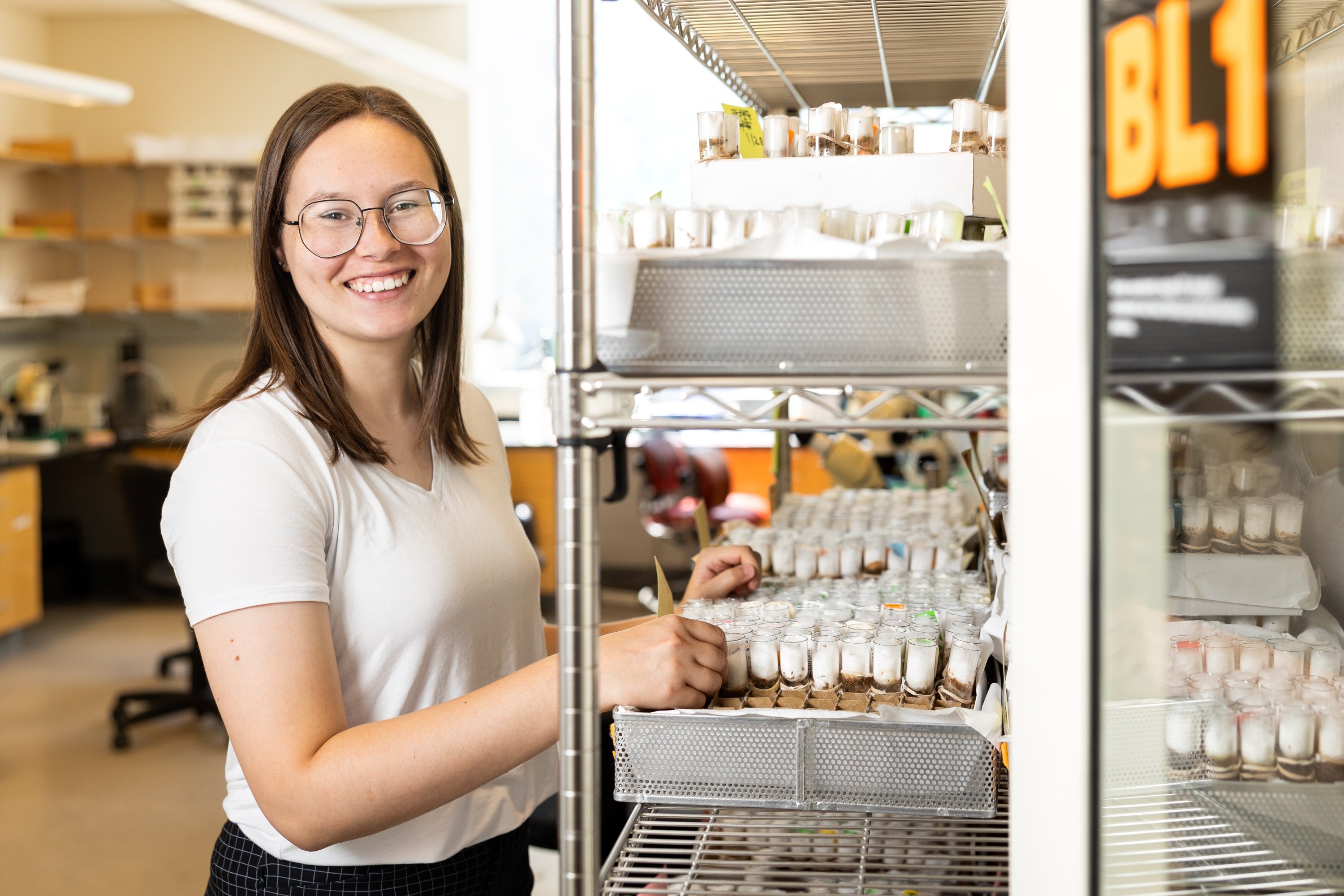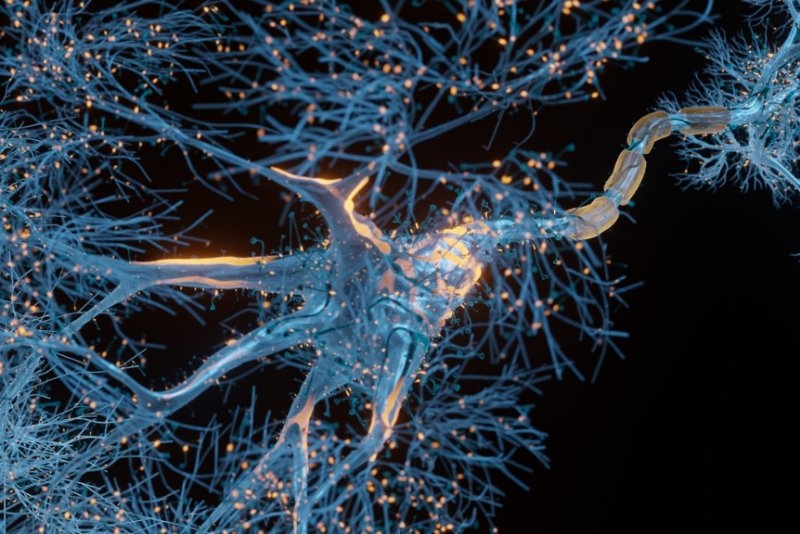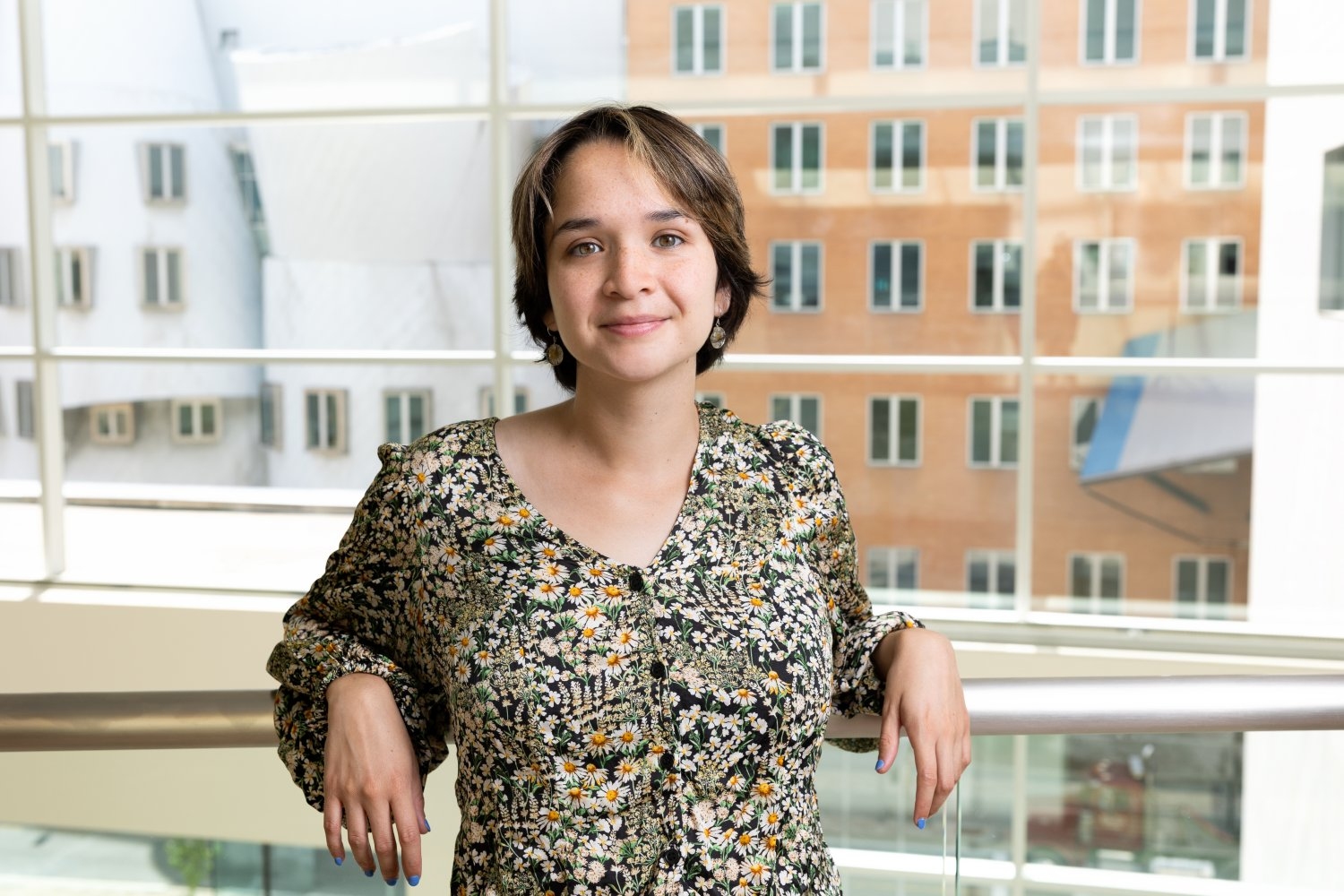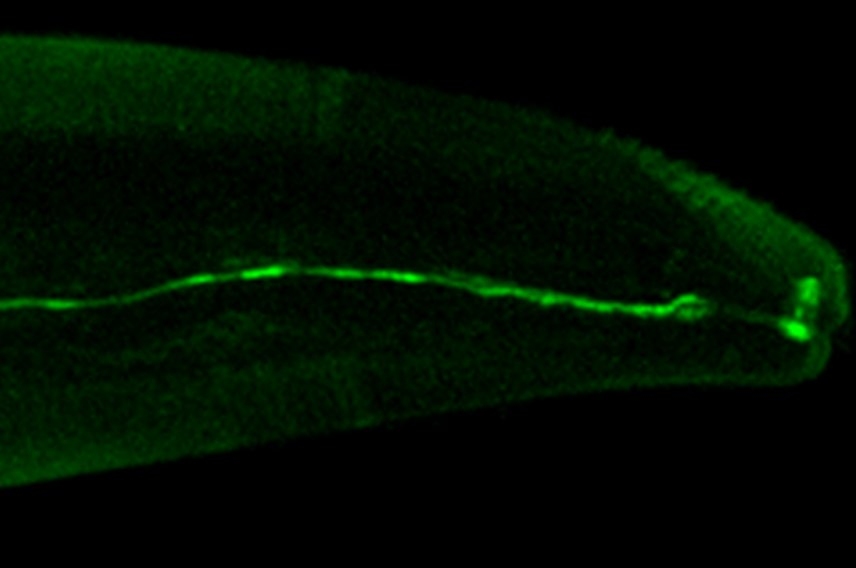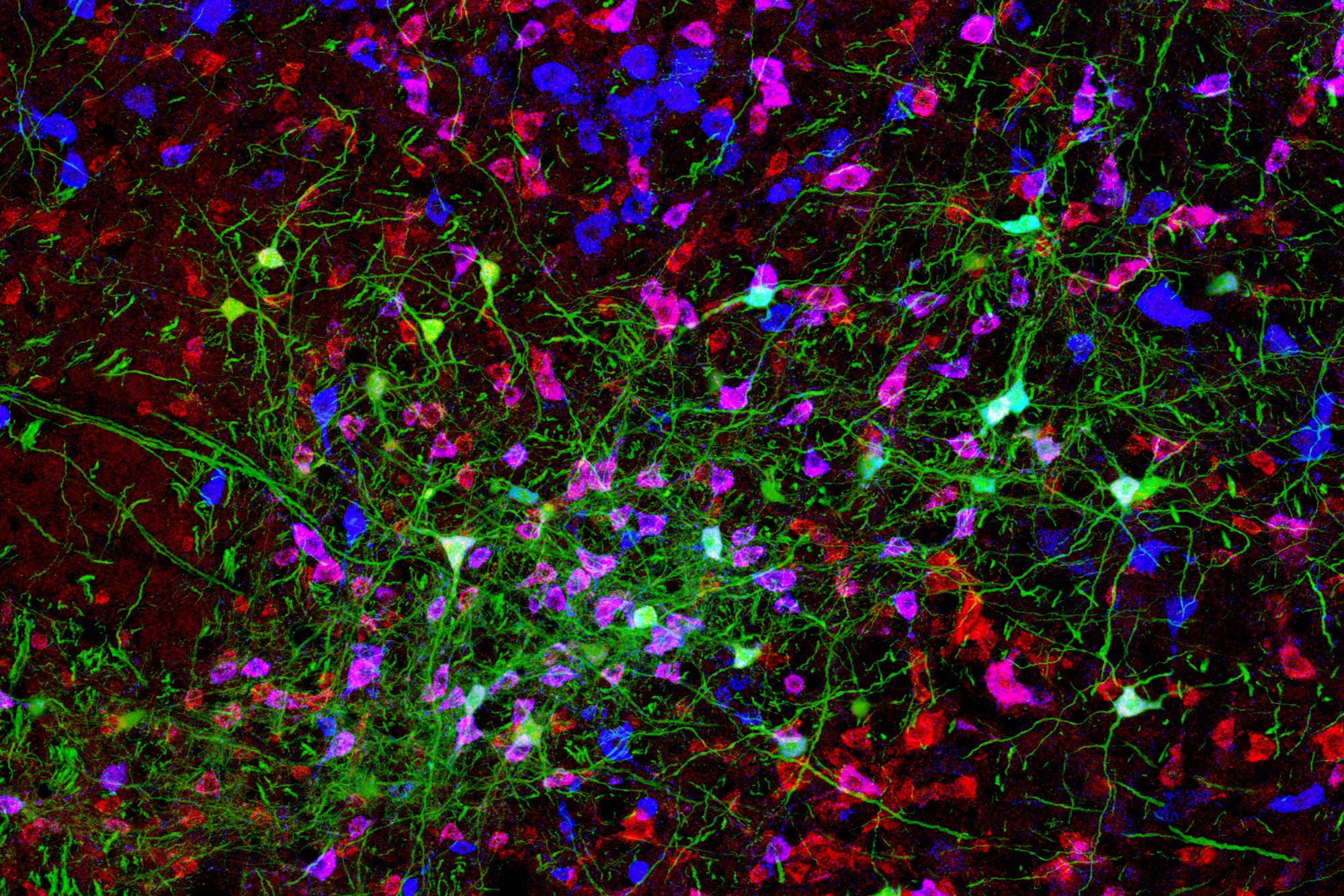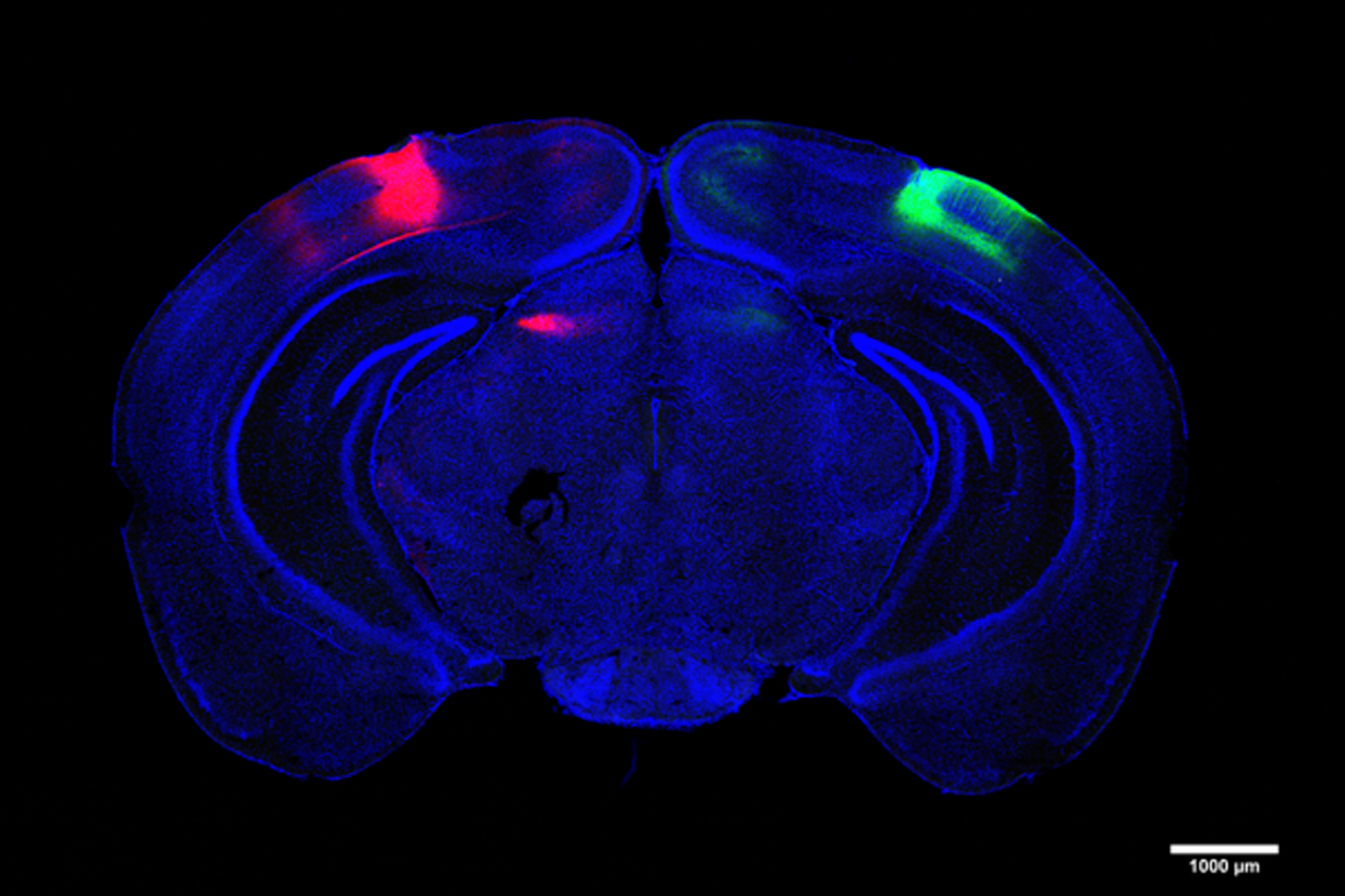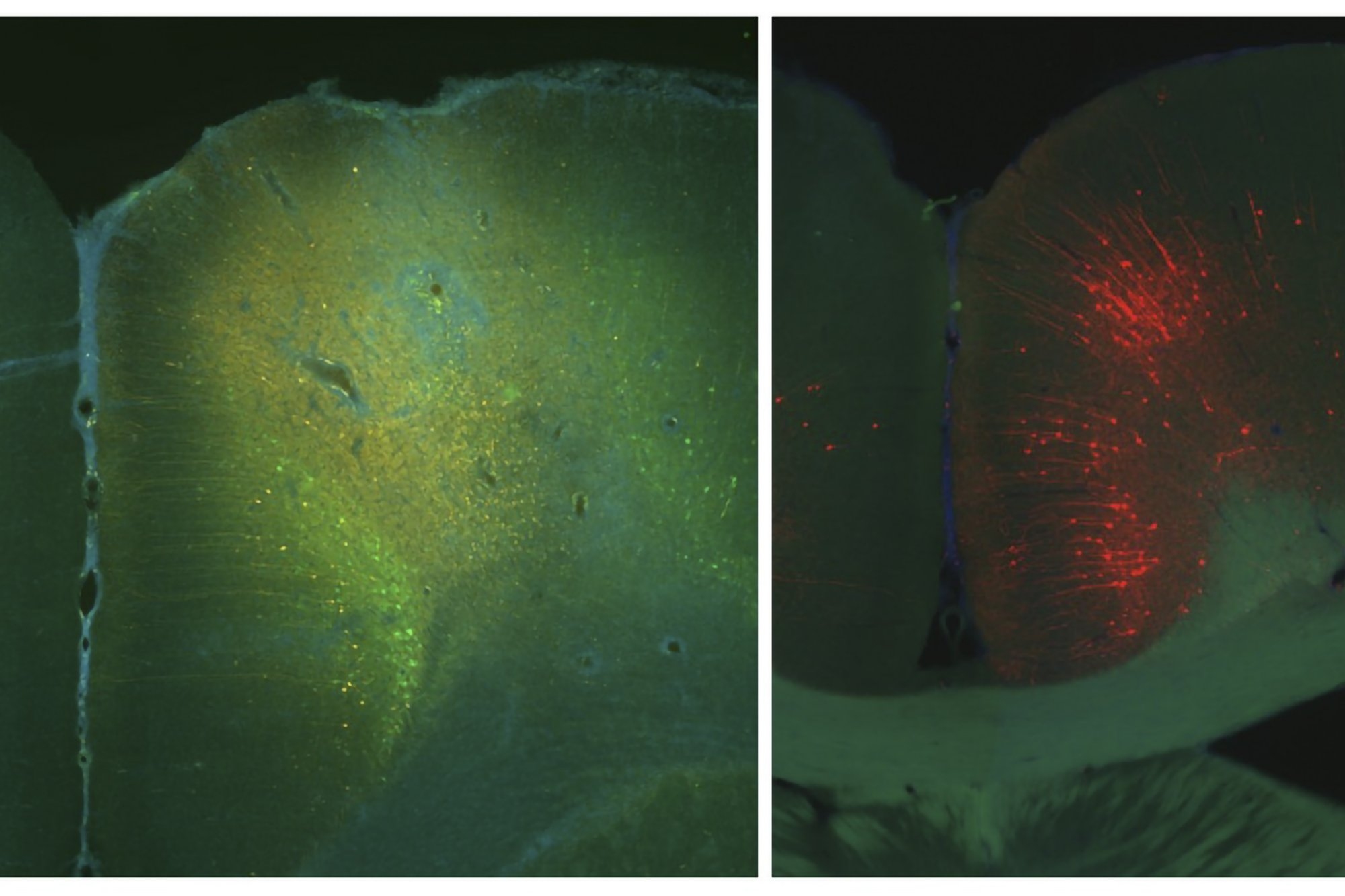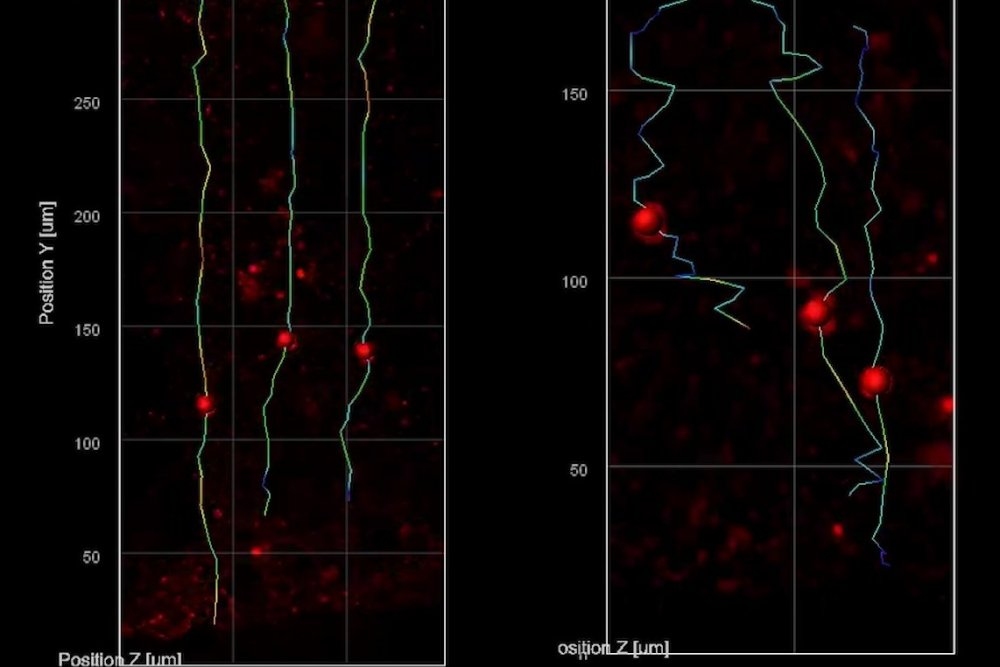Neurodegenerative disease can progress in newly identified patterns
A machine-learning method finds patterns of health decline in ALS, informing future clinical trial designs and mechanism discovery. The technique also extends to Alzheimer’s and Parkinson’s.
Sept. 27, 2022 • ~10 min
Study reveals how environment and state are integrated to control behavior
A simple animal model shows how stimuli and states such as smells, stressors, and satiety converge in an olfactory neuron to guide food-seeking behavior.
Sept. 15, 2022 • ~8 min
When Alzheimer’s degrades cells that cross hemispheres, visual memory suffers
Research reveals cells that span brain hemispheres to coordinate activity in visual processing centers, shows Alzheimer’s degrades their structure and function.
Aug. 24, 2022 • ~7 min
When a task adds more steps, this brain circuit helps you notice
By tracking feedback during tasks, the anterior cingulate cortex notices when a new step has become necessary and signals the motor cortex to adjust.
Aug. 18, 2022 • ~8 min
Advanced imaging reveals mired migration of neurons in Rett syndrome lab models
Using organoids to model early development, researchers used an emerging microscopy technology to see that new neurons struggled to reach their developmental destination.
Aug. 3, 2022 • ~7 min
/
40

